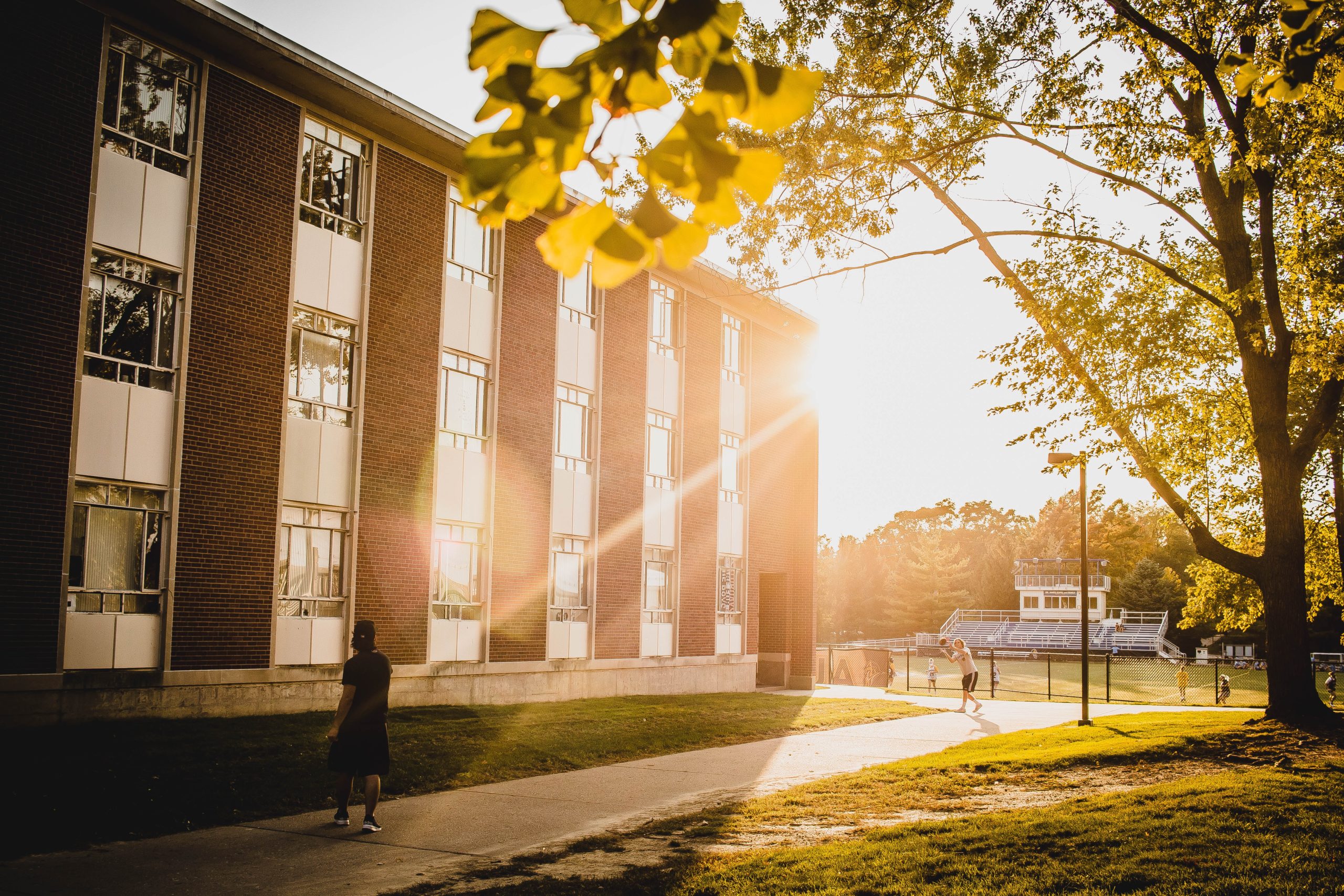Athlete Ally Responds to BYU Inclusion in Big 12

October 1, 2021 (New York, NY) — Athlete Ally responded today to news that Brigham Young University (BYU) will join NCAA’s Big 12 conference, effective in 2023.
Concerns on BYU’s admittance center on policies requiring discrimination against LGBT students. While the Honor Code was updated in 2020 to remove specific mention of “same-sex behavior”, leadership clarified in a letter to students and employees at all Church Educational System schools, including BYU, that “Same-sex romantic behavior cannot lead to eternal marriage and is therefore not compatible with the principles in the honor code.”
In 2016, Athlete Ally, the National Center for Lesbian Rights (NCLR) and 20-plus national LGBT organizations submitted a letter to the Big 12 Conference and its member schools urging it not to consider BYU as a potential new conference member because of the school’s express policy of discriminating against same-sex couples and LGBTQ students.
At that time, Athlete Ally’s Founder and Executive Director Hudson Taylor wrote, “Brigham Young University’s treatment of its LGBT students and faculty show that its values are antithetical to the Big 12’s. It’s an honor and a privilege to belong to an athletic conference such as the Big 12; discrimination should not be rewarded.”
In 2017, Athlete Ally launched the Athletic Equality Index (AEI), the first-of-its-kind ranking and reporting of LGBTQ+ inclusion policies and practices at NCAA athletic departments. In 2020, this ranking expanded to all Division-I schools. Through the AEI, Athlete Ally’s research team worked with BYU’s athletic department and specifically Senior Associate Athletic Director/Senior Woman Administrator Liz Darger to adopt and scale up these policies and practices, including their non-discrimination statement, sexual misconduct statement, fan code of conduct, and initiatives to offer LGBTQ+ inclusive resources and trainings, bringing BYU’s score to an 85/100.
“Athlete Ally works across college campuses to provide the tools, data, and trainings needed to support athletic departments as they implement or update their policies and practices of inclusion,” said Dr. Anna Baeth, Athlete Ally’s Director of Research. “However, the AEI is a measurement tool for specific policies and practices, not a climate survey. We are glad to see the progress being made in BYU Athletics with respect to the AEI. Still, there is much work to be done to ensure that all students, including LGBTQ+ athletes, at BYU are in holistically safe environments. We are consulting with alumni, students, and religious institution experts to develop best-practice recommendations that apply to BYU and other religious institutions.
We hold true to our belief from 2016 that acceptance to an athletic conference is an honor and privilege, and that there should be standards of equality and inclusion that schools must meet to be included. We are continuing to push for both conferences and schools to create these standards and for there to be clear guidelines in place protecting the rights of LGBTQ+ students.”
Photo by Christopher Le on Unsplash